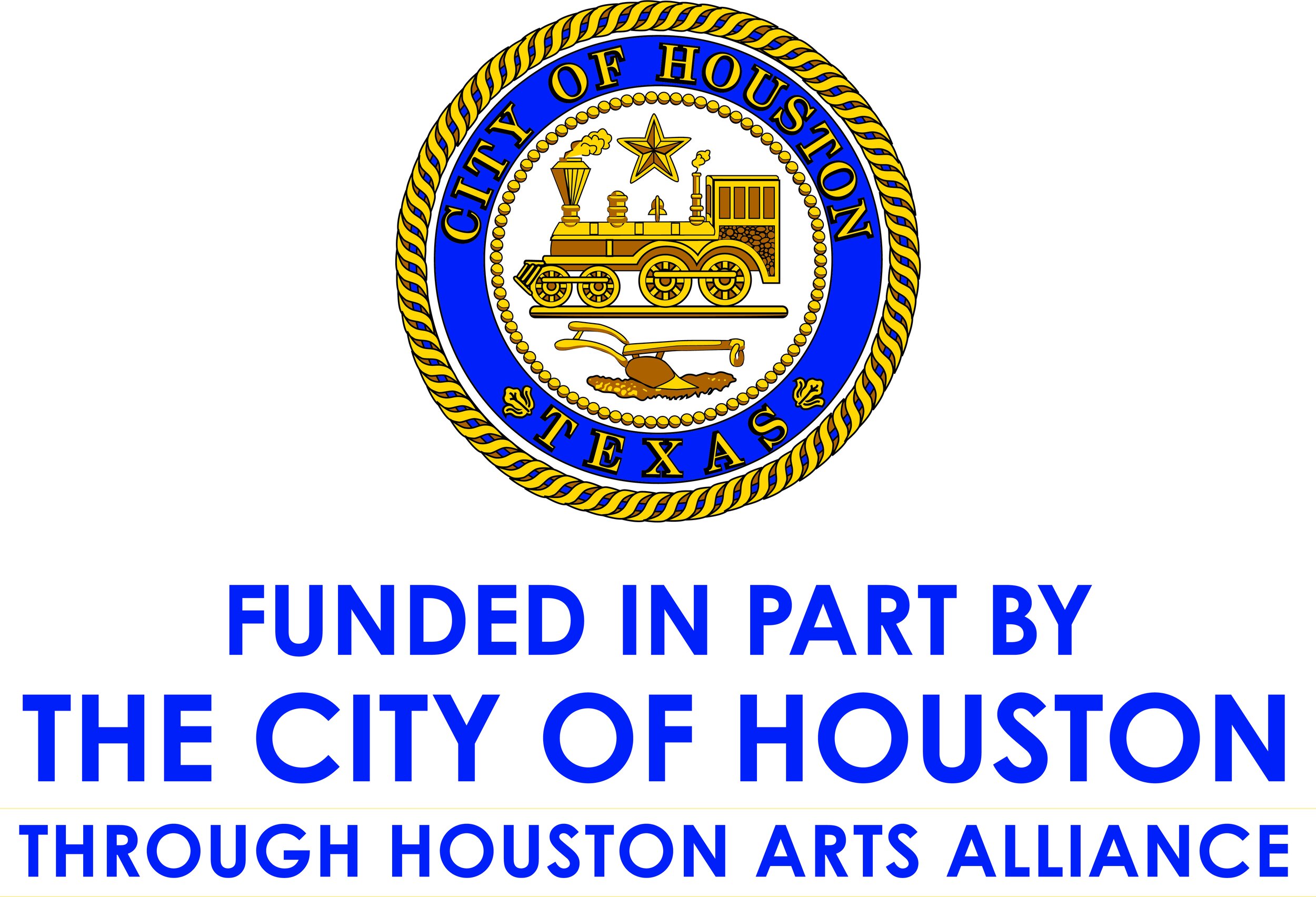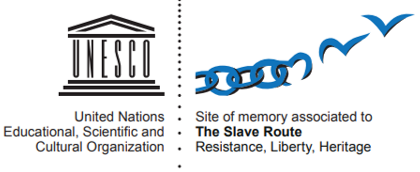LUNCH AND LEARN AND EVENING SPEAKER SERIES
Explore Houston’s History with a historical expert while enjoying your brown bag or ordered lunch from Tres Market Foods. This series of speakers is generously underwritten in part by The Summerlee Foundation.
November 20, 2025: Family History Research Center, Clayton Library presents “Finding Your Roots”
1100 Bagby Street, Museum Gallery. Free Parking at 212 Dallas
Members attend Lunch and Learns for free! Lunches from Tres Market Foods are additional. Membership information here- https://www.heritagesociety.org/membership-join
If you can’t attend in person, purchase a YouTube video of the program for $5 HERE. You will receive an email with the program the night of the program.
NOVEMBER
Just in time for family time during the holidays! The Family History Research Center (Clayton Library) will present an overview of genealogy and discovering your family roots. A Central Library team member will welcome the group and there will be a library card sign up table available for your attendees. You can find more information about the MYLink card and register online here: HPL - MYLink - Visit Us at Houston Public Library.
Attendees may bring their own lunches or order online; tickets are $10 for nonmembers and free for members. Tickets also include admission to the Coastal Cowboys Exhibit. For more information, see www.heritagesociety.org/lunch-and-learn-speaker-series. Free parking is available at 212 Dallas Street.
About The Family History Research Center at The Clayton Library
This branch of the Houston Public Library has one of America's best genealogical collections. With an emphasis on the Gulf Coast region, the library also has an international collection and material for all fifty U.S. states. Collections include Texas and Houston-area death records including funeral home records, censuses, passenger arrival lists, manuscripts, international resources for Europe, Canada, and Mexico, military records, family histories, genealogical periodicals, maps, and family history vertical files. Clayton Library is an Affiliate Library of the FamilySearch Library Affiliate Program. Their special collections includes 25 major genealogical collections, such as the Barbour, Blake, Draper Manuscripts, and Vosburgh collections, Loredo TX Archives 1749-1872, and Nacagdoches TX Archives 1733-1836.
To search Clayton Library's holdings, check the Houston Public Library Catalog for printed books, the Clayton Library Microprint Database for microprint holdings, and the Clayton Library Periodical Database for periodical holdings.
Family Histories
Clayton Library has one of the most extensive collections of published and unpublished family histories in the southern United States. The collection contains over 15,000 cataloged volumes and extensive vertical file materials. To search for cataloged books in Clayton Library's Family History collection, check the Houston Public Library Catalog. For best results, search for your surname as a subject heading phrase (example: "Watkins Family") in the Keyword Search window. A small portion of Clayton Library’s family histories can be found digitized at FamilySearch.org.
Houston and Texas Area Death Records
Clayton Library contains an impressive collection of records for deaths in Texas and the Houston area. First, Clayton Library houses the original records of two Houston funeral homes: the Fogle West Funeral Home (or Fogle West Undertaking Company -- 1921 through 1975), and the Boulevard Funeral Home (or Boulevard Undertaking Company -- 1961 through 1967). Second, Clayton's book collection contains transcripts of City of Houston death certificates from 1874-1894, 1896, and January through August 1900. Third, Clayton Library's microprint collection contains the Harris County register of deaths, volume 1, 1903-1909. These deaths in the City of Houston or Harris County are not included in the statewide collection of Texas death records and index that are available through the State Vital Records Office in Austin, or in the databases of Ancestry and FamilySearch.
Clayton Library has created a searchable index to the Fogle West Funeral Home and Boulevard Funeral Home records database.
Texas Book Indexes Database
Clayton Library volunteers have indexed books located in the Clayton Library collection that do not contain an index in the book itself. These books are local history materials relating to Harris County and surrounding counties.
Special Collections
These materials are generally manuscript documents from other library or archival collections that have been microfilmed and made available for research. This material normally covers 15th, 16th, and early 17th century time periods. For more information about these collections please visit the Clayton Library Family History Research Center page.
Microprint
A variety of records are available on microfilm and microfiche, including census records, military records, vital records, and county records. Many of these records have been made available digitally, but many of the microfilms in Clayton Library’s collection have not been digitized or made available online. To search microprint materials please search the Clayton Library Microprint Database. Try searching by location and type of record such as “Texas” and “vital” if looking for birth, marriage or death records in the state of Texas.
Periodicals
The periodical collection covers most U.S states, many foreign countries, and many surnames. Clayton Library has over 3,000 genealogy and local history periodical titles. The material published in periodicals can be unique and is not often found in other publications; it can also help break down a brick wall in your research. Many of these periodicals are indexed in the Periodical Source Index (PERSI), which is available online through the website Findmypast. To determine Clayton Library's holdings of a specific periodical title please search Clayton Library's Periodical Database
PAST EVENTS
Thursday, January 16, 2025: Andrew “Dru” Sanders, "Texas in the International Civil War"
February 20, 2025: Dr. Caleb McDaniel Black History Month: “Captain’s Story: Slavery and Freedom in the Archives of The Heritage Society and Rice University”
March 20, 2025: Dr. Karen Kossie-Chernyshev, Professor of History atTSU and Founding Director, SWATH “Women’s History Month: Black Women’s Empowerment through Education”
April 17, 2025: Suzanne Simpson, "Wild Houston: A Natural History of the City”
May 15, 2025: Author Dr. Jeremy Pedigo for “The Life and Politics of United States Senator Sam Houston”.
May 16, 2025: Samuel Collins, The Birthplace of Juneteenth (Evening event, wine & cheese reception)
June 20, 2025: Bryanna Jenkins, LGBTQIA History Month (Evening event, wine & cheese reception) Click HERE for Programs for Adults
July 9, 2025: America250 Speaker and Wine Reception John Espinosa “Spain’s Contributions to the American Revolution” - Wednesday, July 9, 6:00 - 8:00 PM
August 21, 2025: The History of Mah Jongg by Linda Freedman Block
September 9, 2025: Forging Race and Gender Power in Houston by Dr. Samantha Rodriguez
October 16, 2025: Christean Kapp with Saengerbund.org - German Americans, German Texans, & GermanTown Houston



















